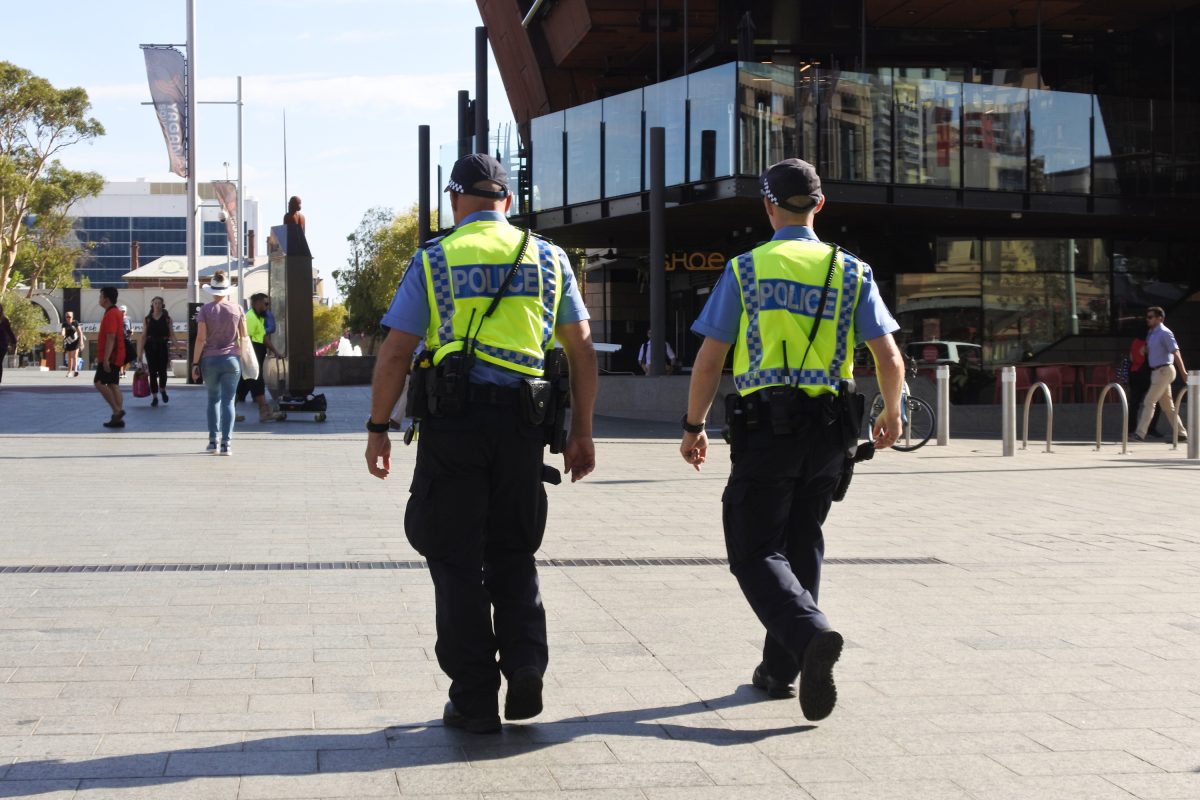This Thursday saw changes to Western Australia’s Banned Drinkers Register (BDR) come into effect across the Pilbara, Kimberley, Goldfields, Carnarvon and Gascoyne Junction, which strengthened police powers and increased penalties.
The new changes will allow police to register individuals for all alcohol-related offences, not just those in or around licensed premises. In addition, healthcare professionals and social workers can refer people to the BDR, and penalties have been increased for knowingly supplying alcohol to banned drinkers, with a maximum fine of $10,000.
Michael Waters, CEO, Retail Drinks Australia, is supportive of the expanded legislation.
“Retail Drinks welcomes the changes coming into effect in WA concerning to the state’s BDR. We support the implementation of these changes to ensure that the BDR functions as a robust and fit-for-purpose tool to help target and reduce alcohol-related harm,” he said.
Peter Peck, CEO, Liquor Stores Association WA (LSA WA), echoed the sentiment.
“We’re really excited. Our members have been doing this trial for coming on two years. The fact that it’s been voluntary over that short period of time shows our commitment. What this will do will enhance the opportunity for police to be able to put people on the register, which really has been the biggest bugbear,” he said.
In addition to changes to the BDR, Peck called for more services to support people placed on the BDR and those affected by alcohol-related violence.
“When people get put on the register, it means that they’ve impeded somebody else while intoxicated, so we take away from them the ability to obtain legal takeaway alcohol. In turn, we’re hoping that there will be wraparound services that will happen as well, so that we’re not just taking the alcohol away, we’re helping the people to reform their behaviour, and hopefully bring them back as functional members of the community,” he said.
With LSA WA already taking part in a campaign calling for action on customer abuse of retail workers, Peck addressed concerns about liquor store workers facing aggression or violence from people on the BDR.
“It really depends on how the government goes about informing people that they’re on the register. People aren’t going to be happy if it’s a shock thing that they turn up, and suddenly, they’re banned and they didn’t know it. But I’d say the department has got that covered.
“We’ve made it perfectly clear to our members that if a person is on that list and they’re not happy, then send them to the police. If it’s been done by error, then talk to the police first, and make a complaint with them. That hopefully will defuse any situation,” he said.
Additionally, Peck spoke to the increased fines for supplying alcohol to people on the BDR, which he does not believe are a significant burden on retail workers.
“There’s other rules and regulations that we have to work by and they have a similar sort of penalty. It really is as simple as just remembering to scan the ID when you put them through the till,” he said.
The BDR is currently in a trial period and will be reassessed periodically over the next two years.
“We look forward to monitoring the BDR’s ongoing effectiveness and working with the WA Government to ensure that any future changes to the BDR are implemented in sensible and practical manner,” Retail Drinks CEO Waters said.
Peck hopes that in the mid-year review, the legislation will be expanded to include further services to support and rehabilitate people who end up on the BDR.
“If we don’t offer the ability to help people, then we’re not doing our job as a community or a government.
“The police are there to put them on the system. The people that are supposed to be thinking about families struggling with alcohol abuse are not police. That’s community services. That’s welfare. That’s not in the police’s wheelhouse,” he said.
Without adequate support services, Peck is concerned that problem drinkers on the BDR will obtain alcohol illegally from secondary suppliers.
“If we don’t deal with the root cause of the problem, then taking alcohol away from them just pushes them to people selling it to them illegally at an inflated price,” he said.
For Peck, while the BDR is a positive step towards addressing issues of alcohol-related harm in WA, other services need to be integrated to fully tackle the problem.
“This legislation has to deal with the alcohol side of it. What we really need is potentially tweaks to other legislation around community services and child protection. If they’re there, then we just need them used,” he said.

